The 5 Best Roofing Companies in Fayetteville, NC for 2024
How do you find the best roofers? Ask an experienced roofing contractor who knows all the other roofing contractors in Fayetteville NC!
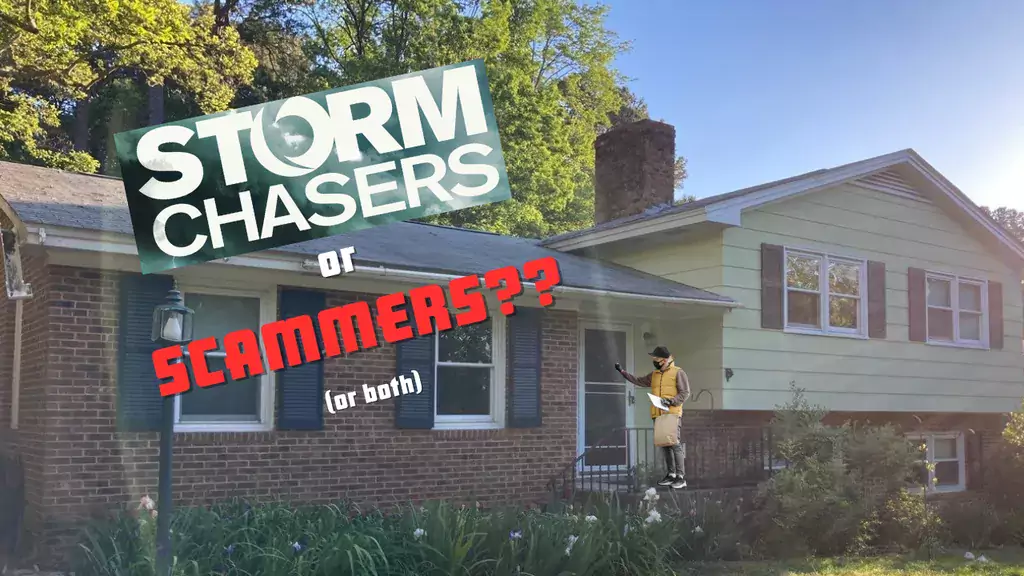
When you’re talking about “storm chasing” what comes to mind is usually a group of daring meteorologists and journalists running down a tornado or hurricane, gathering data and footage to help figure out where the storm is going, how much damage it could cause, and how people can keep themselves safe.
These storm chasers serve a very important function for society, and their job is incredibly dangerous.
They are also, not the kind of storm chaser that we’re talking about today.
In the roofing world, being a storm chaser means to be someone who follows a large storm system moving from town to town offering to use insurance to replace a roof quickly, and cheaply. However, they often require down payments, and perform shoddy work before skipping town, leaving the homeowner without a way to hold them accountable for the faulty roof they received.
So, to help you avoid this common roofing scam the next time a storm comes through, we’re going to give you everything you need to know about these scummy scammers.
In this blog, we’ll be going over:
Alright, let’s get into it!
Roofing storm chasers are a big reason why roofers get a bad rap as being untrustworthy. They are essentially every bad stereotype rolled into one, as they are typically very pushy, communicate poorly, don’t provide good service, and disappear once they’ve collected the paycheck.
They also typically come from out of state, or at least out of town, making it ever-so-important to verify their locality, and that they’ve actually done work in your area.
A storm chaser’s business model is built on using severe weather events to scare homeowners into a hasty repair, and offering cheaper prices that they achieve by cutting material costs and using cheap, inexperienced labor.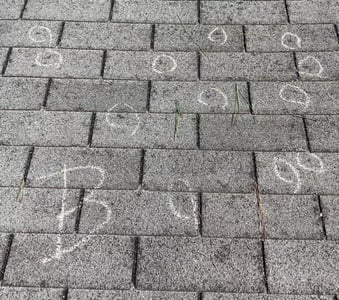
After a storm comes through, their salespeople will turn up knocking on doors in your neighborhood, talking with homeowners about the damage they have likely received, and ask to inspect the roof on the spot. Once that inspection is completed, they will use pressure-filled scare tactics to try to get a signature for the roofing work on the spot.
Once that’s done the crew will get to work, doing it hastily, and without much knowledge or regard for local laws or building codes. Then, after the work is “completed” and the crew has left, so too has any chance you’ve had at getting in touch with the company. So often we hear stories of people getting ghosted by these companies. Whether it’s calling because of some trash being left, or a leak springing up pretty soon after the job, these companies and salespeople don’t pick up, and good luck trying to leave a negative review when they company has no local online presence on Google, Yelp, or the Better Business Bureau.
Just because someone knocks on your door, that doesn’t necessarily mean that they are going to scam you. Some local roofing companies may just want to make sure that you know they exist for when you decide that you need some work done. So when a roofer does turn up on your doorstep, here are some ways to make sure that they’re trustworthy, and you don’t get scammed.
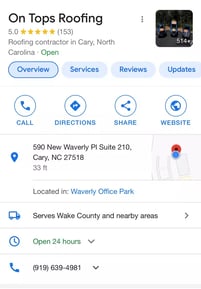
Do some research on the company that comes knocking. Ask for their office location and phone number. If they can’t provide that, or it doesn’t match what you can look up online, cross them off your list immediately. A company that has an office or showroom that you can walk into is one that has a higher dedication to customer service, and has a stronger presence in the area.
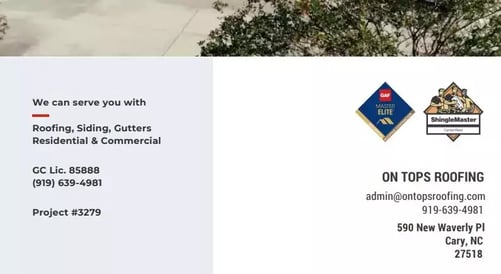 It’s incredibly important to make sure that the company you’re working with has all the proper licenses and insurance paperwork that is required to conduct business as a contractor in your state. If you don’t know what would be required, familiarize yourself with the current laws in your area, as they vary dramatically from state to state.
It’s incredibly important to make sure that the company you’re working with has all the proper licenses and insurance paperwork that is required to conduct business as a contractor in your state. If you don’t know what would be required, familiarize yourself with the current laws in your area, as they vary dramatically from state to state.
A contractor being able to prove that they have this documentation goes a long way in protecting you from losses if something goes wrong, especially since it means that they have been registered to work in your area.
The salespeople that come through for storm chasing roofing companies are typically going to be highly-trained in the art of door-to-door sales, employing pressure and scare tactics to get you to commit to a roof replacement on the spot. By recognizing some of the strategies they will use, you can be prepared for it, and push back against it.
One of the first things they will say is that you most definitely have storm damage, and that you need to get it fixed as soon as possible to avoid anything else happening, or your insurance denying your claim.
While this can be true, and storm damage should be taken care of swiftly, it’s not something that “you absolutely have to act on this very second otherwise your entire home will be flooded tomorrow and your roof will cave in!”
This is a stressful time already, if you can resist the temptation to take the first option available to you here, it will pay off in the long run by allowing you to pick your own company to work on the roof, and getting the replacement done correctly.
If someone offers a free inspection and wants you to sign an agreement on the spot to let them on your roof, don’t fall for it. These documents are designed with subversive language that will allow them to do much more than they are letting on initially.
This document could even go as far as preventing you from working with a different roofing company without breaching the contract, causing some financial difficulties. When someone hands you a pen and some paper, you should always read it carefully, but especially do not sign it in these circumstances, at least until you’ve taken the step that we’re about to talk about.
Immediately reaching out to your insurance and/or a different roofing company is a great way to improve your situation when a storm chaser hits your neighborhood. By doing so, you’ll know that you have backup coming and that there’s no reason to be scared by the storm damage.
Starting the insurance process can be complex, but it’s by far the best way to go about getting your roof replaced after a strong storm, not by signing up with someone who just popped up a couple of minutes ago, and you won’t be able to talk to the second they’re gone.
If you’re worried about what using insurance to cover a roof replacement looks like, check out our blog that we wrote on that topic!
On Tops Roofing has been helping homeowners replace their roofs in Raleigh, NC since we opened in 1991. Whatever your roofing project requires, We’re on it!

How do you find the best roofers? Ask an experienced roofing contractor who knows all the other roofing contractors in Fayetteville NC!
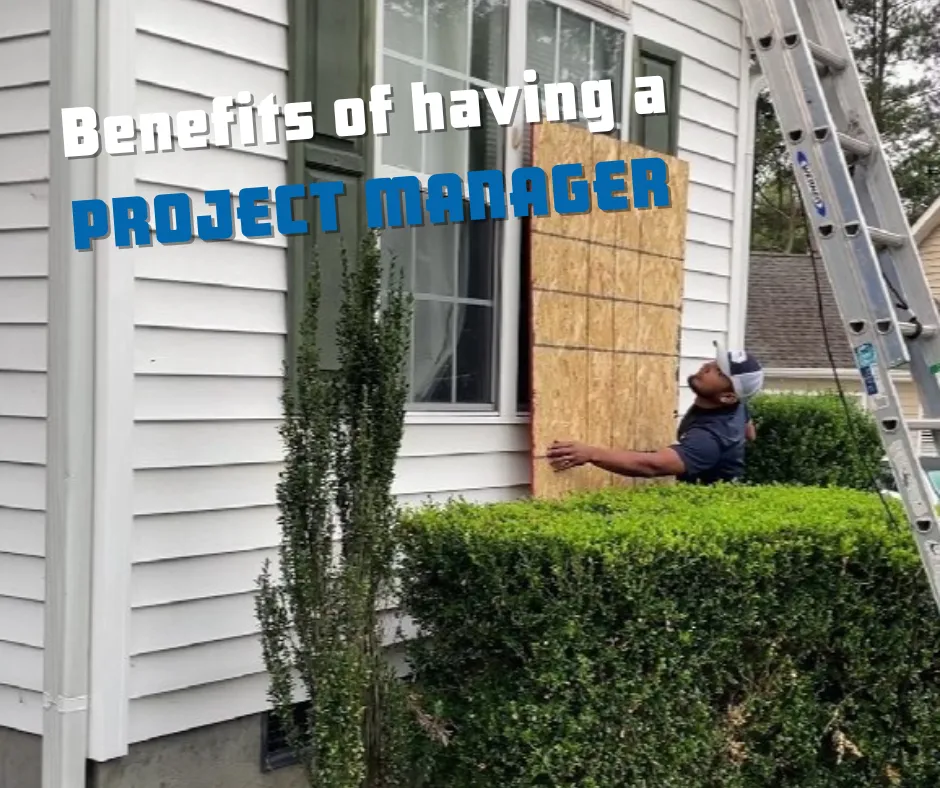
A roof replacement is a substantial undertaking, and the key to a successful project often lies in the hands of the project manager. This individual...
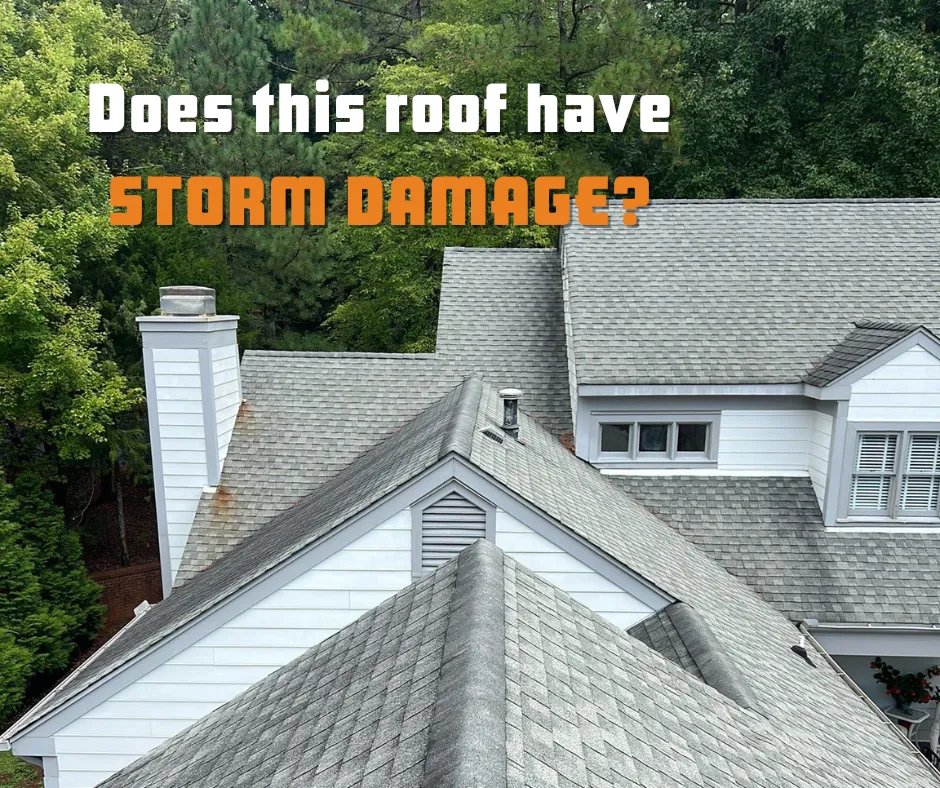
If you’ve recently experienced a storm, you should probably take some time to investigate your roof for signs of damage left by that storm.